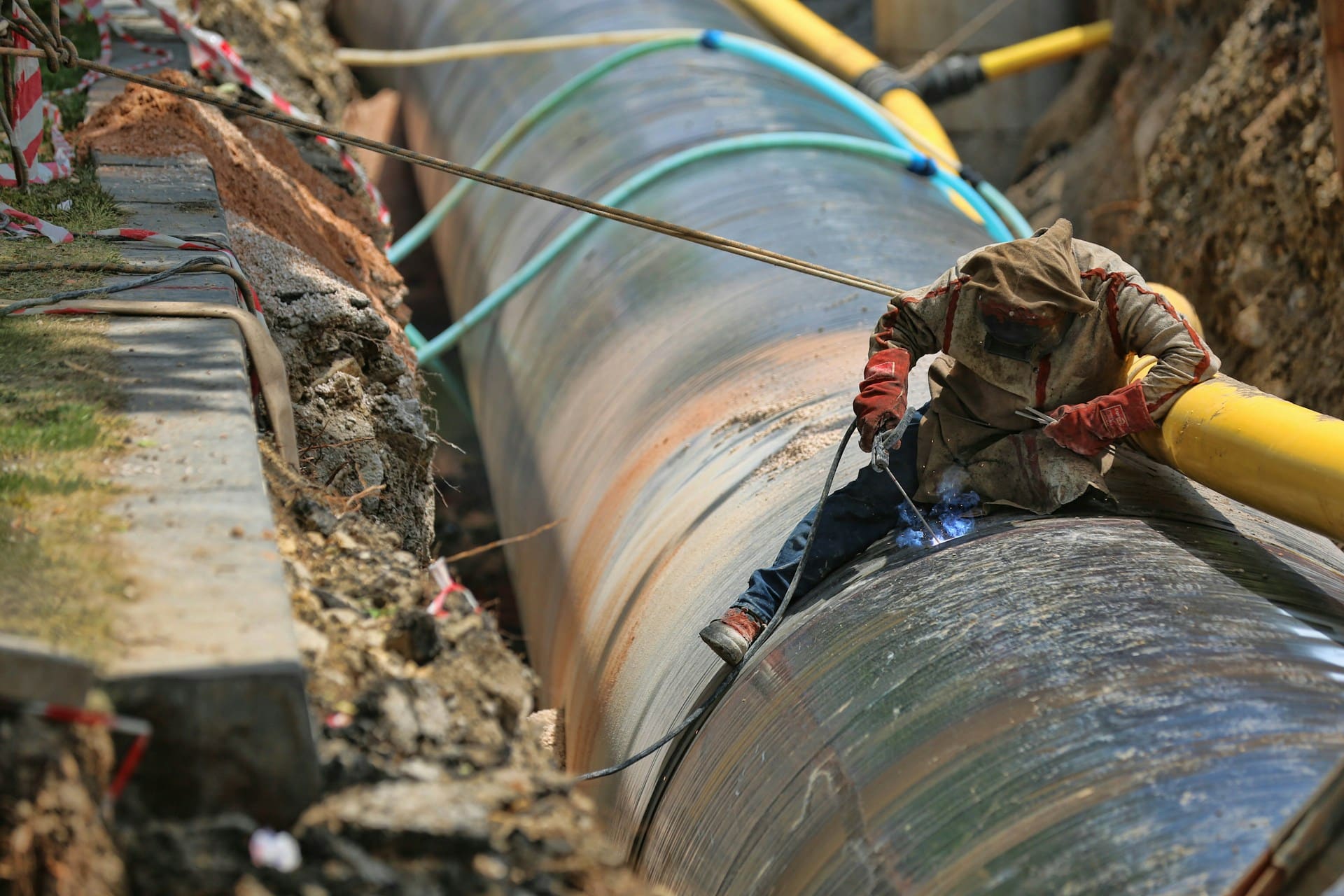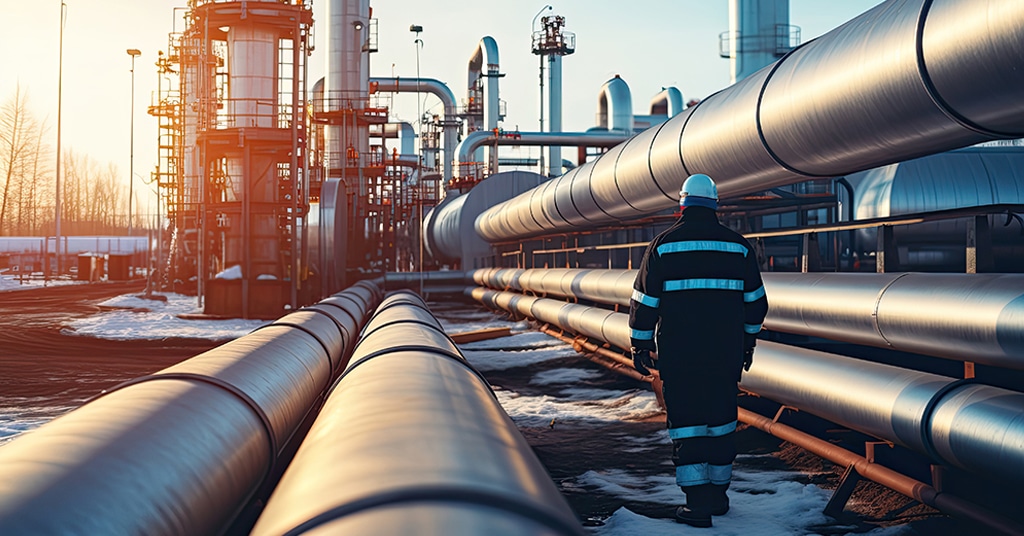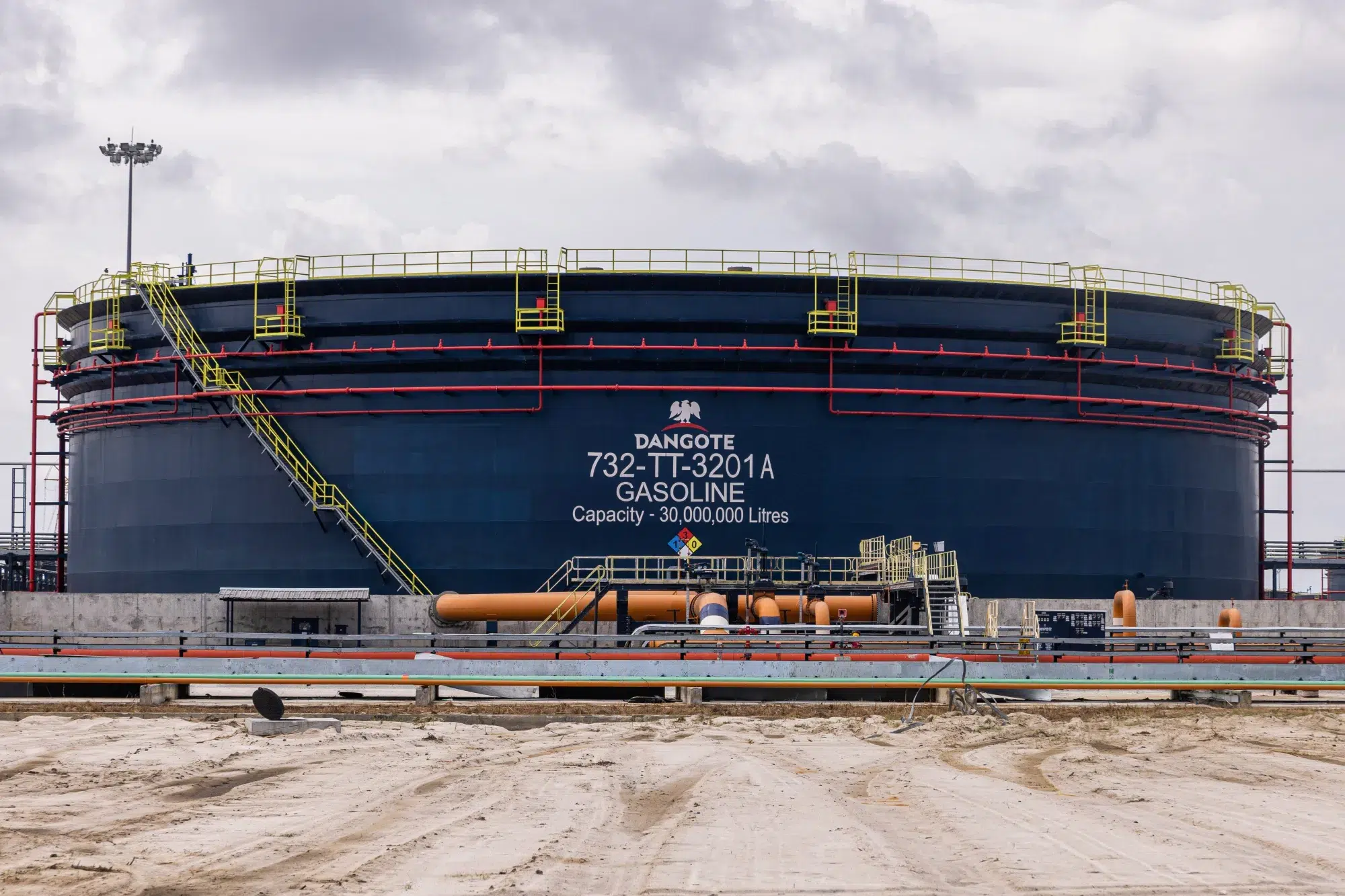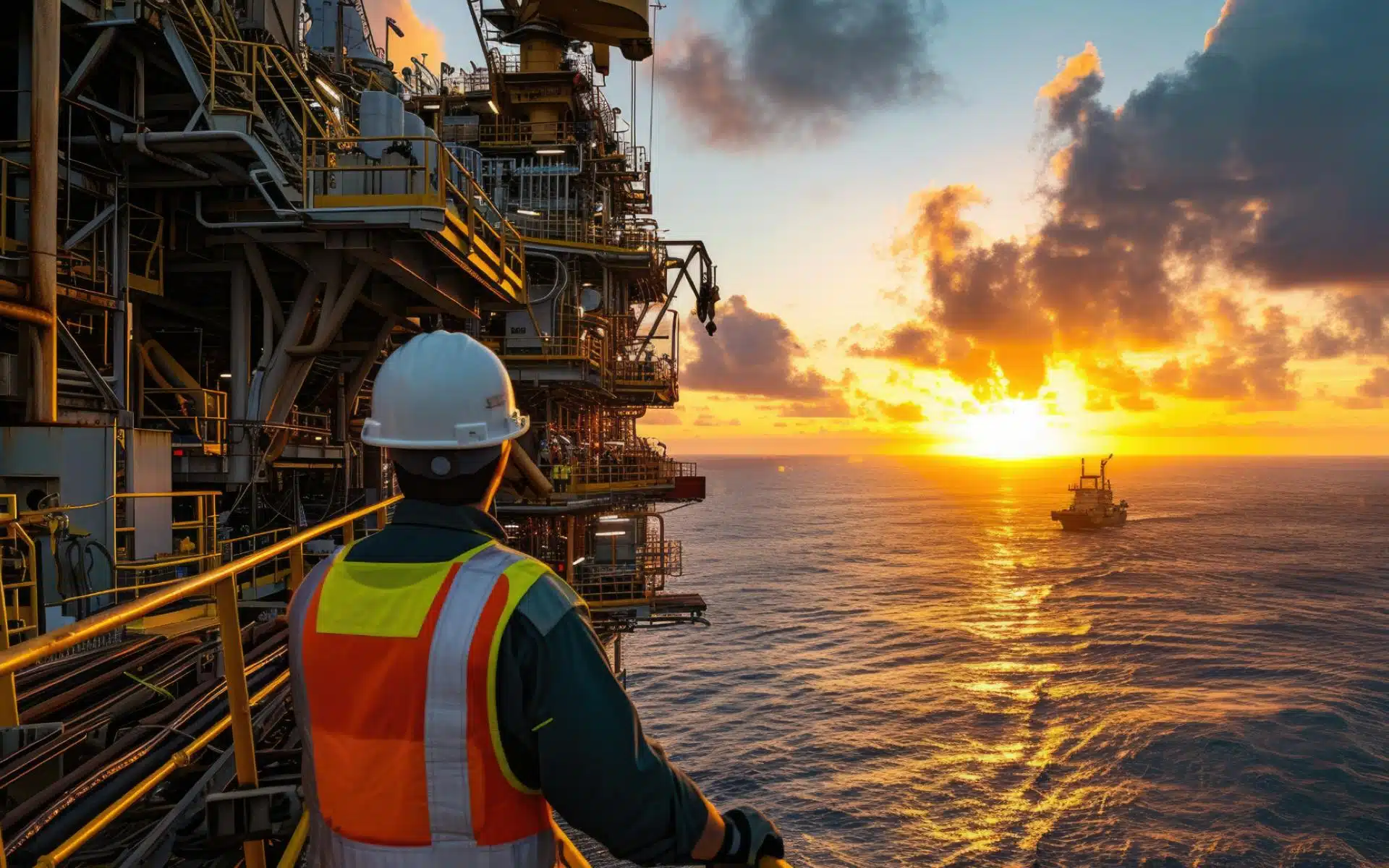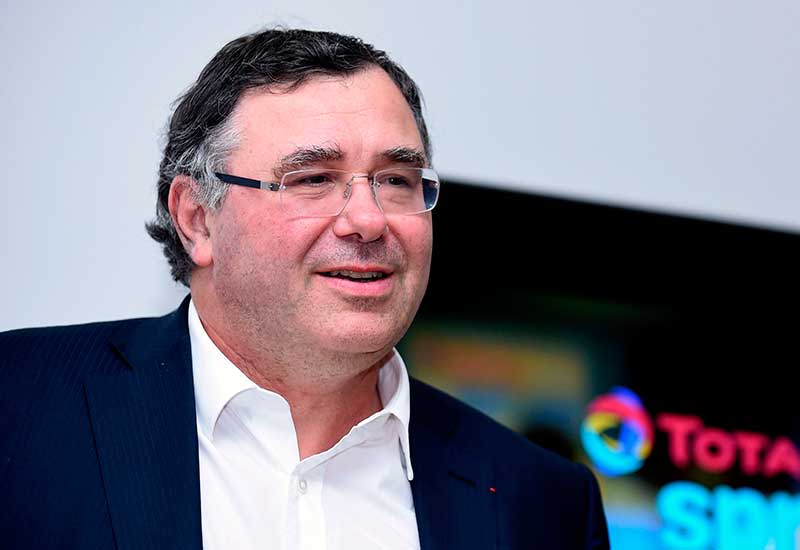East African nation, Uganda and Tanzania, have now selected with a consultant to undertake a feasibility study for their joint cross-border gas pipeline.
The gas pipeline project connecting Uganda and Tanzania has progressed with the selection of a consultant to undertake a feasibility study.
The selection of the consultant comes more than a year after the government of Uganda issued a bid inviting participants to take interest in the proposed project.
Currently, Uganda’s Solicitor General said he is reviewing an application for the award of a contract to a consultant that Uganda has chosen.
The Solicitor General is expected to make that decision any time from now, with the consultant set to start work this quarter.
The gas pipeline route will form part of a package of oil and gas infrastructure between Uganda and Tanzania.
Already, a 1,443km crude oil pipeline is being laid in the country with the aim of transporting Ugandan crude oil to Tanzania’s port in Tanga.
Earlier discussions for Tanzania to take a stake in Uganda’s proposed oil refinery project have stalled, although not entirely written off.
The feasibility study from the consultant is expected to draw up a new route, a departure from the earlier suggestion for the gas pipeline to move side-by-side with the crude oil pipeline to avoid land compensation disputes.
However, the two countries agreed that the gas pipeline will have a separate route of its own, and one closer to communities to easily tap into the gas.
The International Monetary Fund (IMF) projects that once oil production begins, Uganda’s GDP growth could surge to 10.8% in the 2025/2026 fiscal year, up from earlier projections of 6.2%.
The growth is expected to be driven by improved fiscal and current account balances supported by oil revenues.
Despite the optimistic outlook, Uganda faces lingering challenges, particularly around delayed East African Crude Oil Pipeline (EACOP) financing and the need to manage environmental and social concerns related to oil development.
Many global financial institutions continue to steer clear of oil and gas projects as part of their policy of not funding projects with a perceived threat to the environment.
While the first tranche of funding for EACOP was only secured recently from a syndicate of regional lenders, the government remains confident in its strategy to overcome these obstacles.
The country has invested more than $10 billion of its own money so far to fund oil and gas exploration and production.

